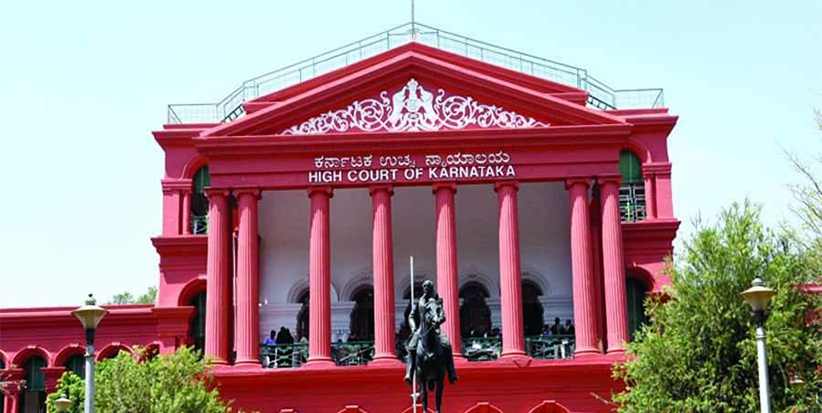On May 13, 2020, a Division Bench of Justices B. V. Nagaraihna and M. G. Uma of the High Court of Karnataka at Bengaluru had in the matter of Campaign against Hate Speech, an Unregistered Organization, and Ors. v. State of Karnataka and Anr. dismissed the writ petition styled as PIL seeking action against media houses and political leaders who had allegedly made hate speech against minority community holding that in the absence of any legislation from legislature defining hate speech, it cannot pass any other under Article 226 invoking writ jurisdiction.
Background of the Case:
Counsel for the petitioners had contended that the complaints have been made in the background of COVID-19 which has engulfed the world including India and in the context of the outbreak of COVID-19 pandemic there has been inciteful and irresponsible speeches and reports made by certain political personalities and the same to hate speech and its impact is overwhelming. They had contended that the initiation of action against hate speech has not been taken into consideration by the respondents as there was no registration of complaint filed by the first petitioner before the respondents.
The Additional Solicitor General who had appeared for the respondents had argued that the PIL was not in the public interest and if any of the complainants have been by following the provisions of Criminal Procedure Code, 1973 (Cr.P.C,) and the same have not been acted upon, then they have a remedy under the provisions of Cr.P.C. itself.
Finding of the Court:
The Court held that the remedy that the petitioners were seeking cannot be sought by filing a writ petition invoking Article 226 of the Constitution. For that, the Court relied on the case of Sudhir Bhaskarrao Tambe v. Hemant Yashwant Dhage and Ors. [(2016) 6 SCC 277],where it was categorically stated that if a person has a grievance that his FIR has not been registered by the police, or having been registered, a proper investigation has not been done, then the remedy of an aggrieved person is not to file a writ petition under Article 226 of the Constitution of India, but, he has to approach the Magistrate under Section 156(3) of Cr.P.C. If such an application is made under the said provision before the Magistrate, prima facie, if the Magistrate is satisfied, he can direct to register the FIR, or if the FIR has been registered, he can direct for a proper investigation to be done and in his discretion, if he deems it necessary, can recommend the change Investigation Officer also, so that proper investigation is done in the matter.
The Court held that,
The provisions of Indian Penal Code, 1860; The Representation of People Act, 1951; Information Technology Act, 2000; Unlawful Activities (Prevention) Act, 1967; Protection of Civil Rights Act, 1955; Religious Institutions (Prevention of Misuse) Act, 1980; The Cable Television Networks (Regulation) Act, 1995 and The Cable Television Network (Rules), 1994; The Cinematographers Act, 1952 as well as Code of Criminal Procedure, 1973, amongst other legislation, provide substantive and procedural law to the aggrieved persons who think or consider certain speech to be hate speech to seek their respective remedies. Therefore, there is already a voluminous bundle of rights and remedies created in various enactments for aggrieved persons to complain against what they consider to be hate speech.
Hence, the Court held that the Parliament had already provided substantial and effective remedies for the protection of persons from hate speech and any aggrieved person can set in motion the criminal law if he was so aggrieved.
Interestingly the Court also noted that there is no precise legislative definition of what 'hate speech' is and it is for the Parliament to legislate on that aspect of the matter. In the absence of there being any specific legislation, it would not be proper for the Court to make a substantive analysis or give a concrete definition about 'hate speech' and on that basis to issue directions as per the prayers sought for by the petitioners in the writ petition. Further., the Court also held that it would not appropriate for the Court to exercise its jurisdiction under Article 226 of the Constitution of India to direct either the Parliament or the State Legislature to legislate in this regard.








